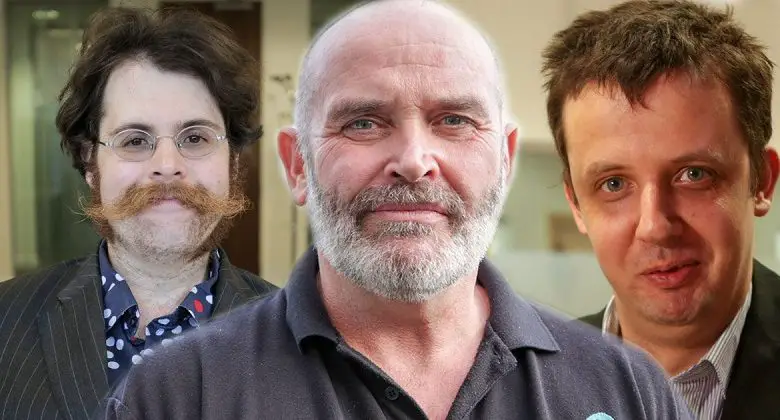
Employable Me: uncovering issues with disability and employment
Employable Me, a three-part BBC documentary that aired last month, was a raw and emotive insight into just how terribly difficult, frustrating and demoralising it can be to find suitable employment when you have a disability.
The series focused on the stories of people with Tourette’s syndrome, autism and asperger’s syndrome and their trails and tribulations in finding work. All of the participants featured in the show were well into adulthood, and had spent a considerable amount of time (in most cases years) trying to find a job. ANY job, in fact. Never mind suitable employment.
Can you imagine being in your late thirties and applying for more than one hundred jobs, being over qualified for the majority of positions you apply for and yet never once even getting so much as interview? And why? All because you have a disability.
The programme clearly indentified the wider implications of each condition and exactly how it manifested itself in each case. But alongside the negatives, it was also incredibly encouraging to watch a programme that showed the real stories of those directly affected by these conditions in such a clear and factual way.
It highlighted the fact that social interaction is a necessity for everyone – it’s an intergral part of learning how society functions as a whole, developing as a person, discovering what you want from life and being able to function in the world of work. Therefore, those less able to develop their social skills or understand the complexity of social relationships and ‘norms’ are are automatically at a severe disadvantage.
But it also reminded us that those with autism or asperger’s syndrome are often supremely intelligent, sometimes in very specific areas. However, for those affected, who find the everyday world hard to comprehend, demonstrating these skills in a world that is so fast paced can be extremely difficult. As a result, individuals often choose to withdraw into themselves, rather than venture out into a world where their specific behaviours would automatically put them under scrutiny.
The same can be said for those diagnosed with Tourrette’s syndrome, especially when experiencing vocal tics whereby obscenities are constantly shouted out in the street. We are now living in a society where there is a heightened sense of general fear of not being accepted, so to not be in control of what comes out of your mouth, to whom and when, must be so scary.
Although each condition causes very different issues for each individual, the sheer exhaustion of trying to fit into our society, feeling misunderstood, vulnerable and severely stressed, is all consuming.
As well as following the people’s stories, the show also gave each the opportunity to see a world-renouned specialist in their condition. Throughout each consultation the specialist performed a variety of tests. In each case they were able to pinpoint exactly how, why and which parts of each person’s brain functioned at a supreme level, uncovering valuable skills to help in their hunt for a job.
Watching this process meant we could see the acute anxiety, positivity, understanding and enlightenment unfold all at once for the very first time. As a viewer this was both amazing and very emotional. It was fantastic for those taking part to get the best help available, which in turn provided each with so many much needed answers. As well as, of course, helping them to take a crucial step towards finding a job.
After having received such an incredible in-depth level of insight into each individuals skill set, and having taking into account their already established passions and abilities, it proved to not only to lead to a job, but a suitable job just right for them. It was a powerful demonstration of how a little help to understand their strengths and boost someone’s confidence can go a long way.
It was also evident just how much of a negative impact never being given a chance to join the workfore had had, not only on all those who took part, but also their family members, and or children too. For once these people were given an opportunity, a chance. Their skills were recognised and they were given some much sought after hope for the future!
All they had ever wanted was to find a valued place within society, in a setting where each would be able to make a significant contribution to their workplace. Whilst at the same time be accepted and respected for exactly who they are – regardless of any disability.
Those featured were not in my opinion ‘extraordinary jobseekers’, as they were called on the show, but rather their seemingly endless fight for employment was somewhat extraordinary in itself. Employers, take note – look a little harder and you could find extraordinary talent.
By T.M Barker
You can watch episode three of Employable Me on the BBC iPlayer. Episode one and two can be found on YouTube.
Let us know what you thought of Employable Me by messaging us on Facebook, tweeting us @DHorizons, emailing us at editor@disabilityhorizons.com or leaving your comments below.